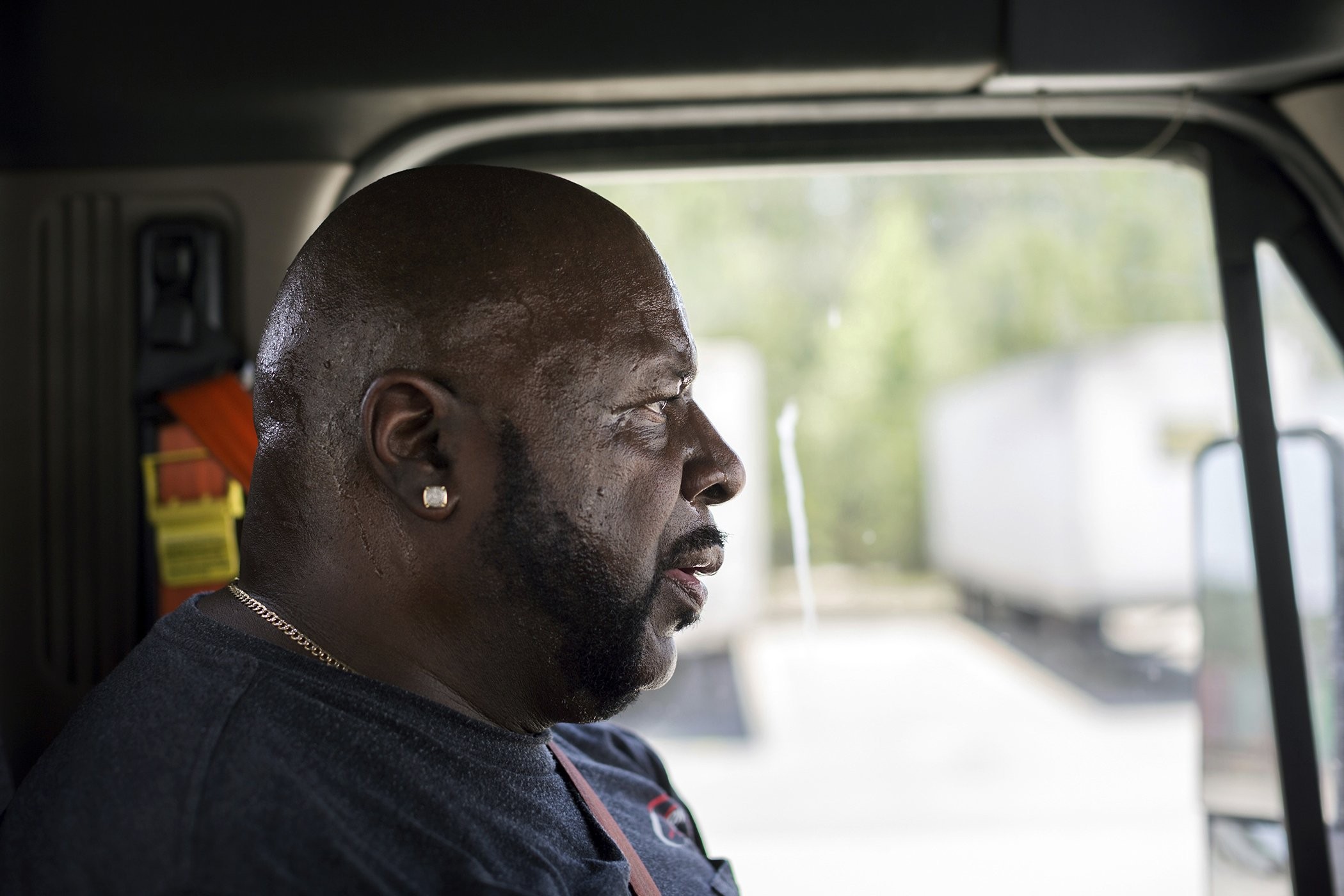Voter turnout in the US lags behind other developed nations, raising the question: why don’t people vote? While voting is a fundamental right, millions of eligible Americans abstain from participating in elections. This article explores five key reasons behind low voter turnout in the United States.
1. Voter Suppression and Disenfranchisement
For many Americans, the right to vote is restricted by systemic barriers. Strict voter ID laws in 36 states disproportionately affect low-income individuals, people of color, and the elderly who may lack necessary identification. Millions of Americans without government-issued photo IDs face significant obstacles to voting. Furthermore, felony disenfranchisement laws prevent millions of formerly incarcerated individuals, particularly African Americans, from exercising their right to vote. The Electoral College system also excludes residents of US territories, such as Puerto Rico and Guam, from participating in presidential elections.
2. Socioeconomic Factors and Voter Turnout
Low-income, young, Hispanic, and Asian American individuals are less likely to vote. Poverty creates multiple barriers, including financial constraints, lack of transportation, and limited access to information. The complexity of voter registration, coupled with the challenges of obtaining identification and frequent relocation, further discourages participation among low-income individuals. Conversely, higher education levels and socioeconomic status correlate with increased political engagement and voter turnout. However, women consistently report higher voter turnout rates compared to men, regardless of other socioeconomic factors.
3. Election Day Logistics and Time Constraints
Holding elections on a Tuesday, a non-federal holiday, poses challenges for working Americans who may lack paid time off to vote. Long lines at polling places exacerbate this issue, making it difficult for individuals with inflexible work schedules to participate. While early voting and mail-in ballots offer alternatives, these options are not universally available across all states. Limited access to these alternatives further contributes to lower voter turnout.
4. Lack of Political Representation and Engagement
Independent voters, who do not affiliate with either the Republican or Democratic parties, often feel underrepresented in the political landscape. This lack of representation can lead to political disengagement and reduced motivation to vote. Additionally, independent voters are often excluded from participating in primary elections, further limiting their political involvement. This lack of engagement contributes to the overall issue of why don’t people vote.
5. Voter Apathy and Perceived Inefficacy
A significant number of eligible voters believe their vote doesn’t matter or won’t influence election outcomes. This sense of political powerlessness can lead to voter apathy and discourage participation. Many individuals are disillusioned by the political process and feel their voice won’t make a difference. This perception undermines the fundamental principle of democratic participation and contributes to the cycle of low voter turnout. Understanding why people don’t believe their vote matters is crucial to addressing voter apathy.

